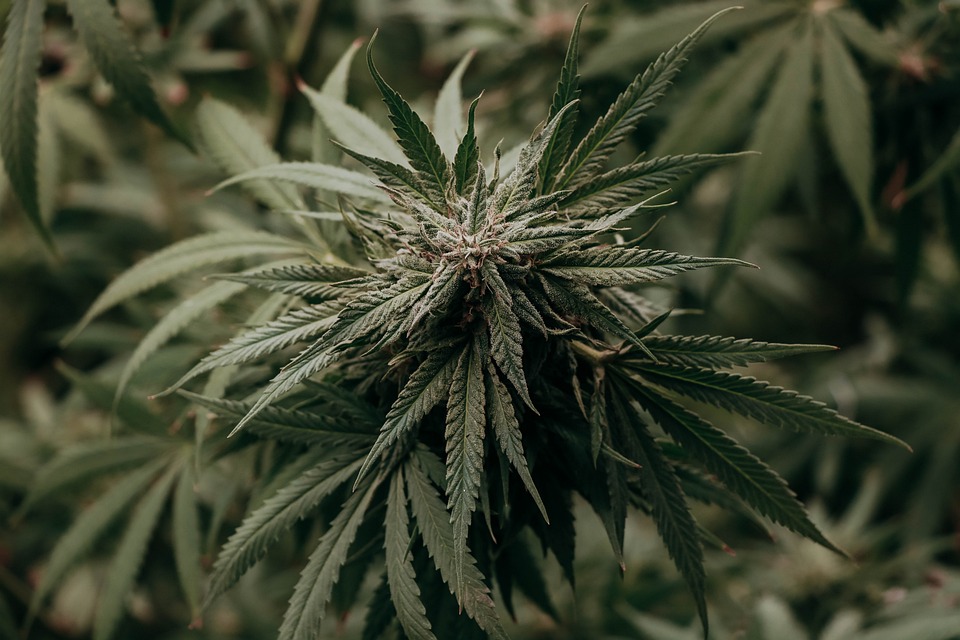The Green Revolution: How Growing Hemp is Leading the Way in Sustainable Farming
Introduction
The Green Revolution refers to a series of research, development, and technology transfer initiatives that occurred between the 1940s and the late 1960s, which greatly increased agricultural production worldwide. However, the traditional methods of farming that emerged from the Green Revolution were not always sustainable and often led to environmental degradation. In recent years, there has been a shift towards more sustainable farming practices, with hemp emerging as a leader in the field.
What is Hemp?
Hemp is a versatile crop that has been grown for thousands of years for food, fiber, and medicinal purposes. It is a member of the Cannabis sativa plant species, but unlike its cousin marijuana, hemp contains only trace amounts of THC, the psychoactive compound that produces a “high.” Hemp is used to make a variety of products, including textiles, paper, biodegradable plastics, and building materials.
The Benefits of Growing Hemp
There are many benefits to growing hemp, both for farmers and the environment. Hemp grows quickly and requires little water, making it a highly sustainable crop. It has deep roots that help prevent soil erosion and can be grown in a variety of climates and soil types. Hemp also naturally repels pests, reducing the need for harmful pesticides. Additionally, hemp is a carbon-negative crop, meaning it absorbs more carbon dioxide from the atmosphere than it produces, helping to mitigate climate change.
Supporting Sustainable Farming Practices
By growing hemp, farmers can support sustainable farming practices that protect the health of the soil, water, and air. Hemp can be used as a rotational crop to improve soil health and reduce the need for chemical fertilizers. It also helps to break up compacted soil, allowing for better water infiltration and root growth. Hemp’s deep roots can also extract toxins from the soil, making it a valuable tool for remediation efforts on contaminated land.
Conclusion
Growing hemp is leading the way in sustainable farming practices, offering a multitude of benefits for farmers and the environment. By supporting the growth of hemp, we can reduce our reliance on harmful chemicals, protect our soil and water resources, and combat climate change. The Green Revolution is evolving, and hemp is at the forefront of this transformation towards a more sustainable and resilient agricultural system.
FAQs
Q: Is hemp legal to grow?
A: The legal status of hemp varies from country to country and state to state. In many places, hemp cultivation is permitted for industrial purposes, as long as the THC content is below a certain threshold.
Q: Can hemp be used as a food source?
A: Yes, hemp seeds are a highly nutritious food source, containing high levels of protein, omega-3 and omega-6 fatty acids, and vitamins and minerals.


Comments are closed.